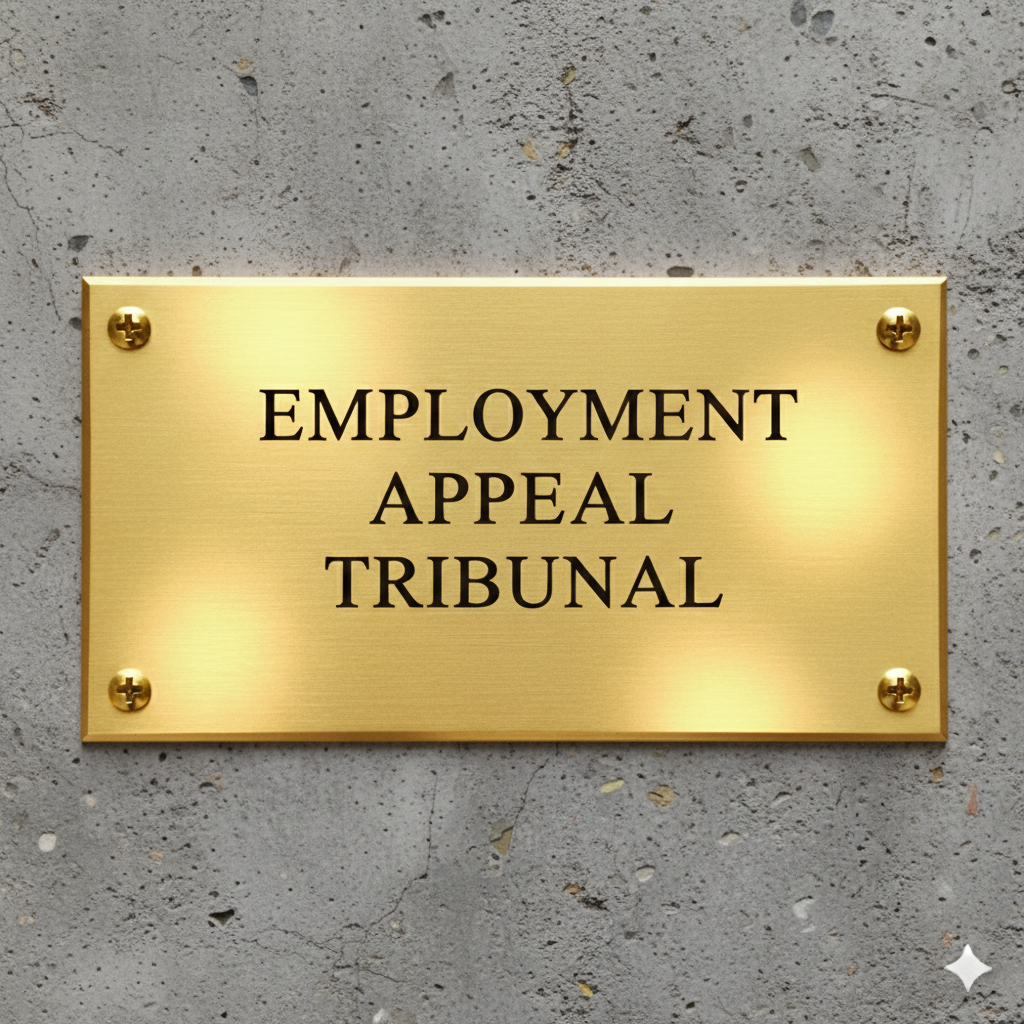Tesco Faces Setbacks in Equal Pay Dispute: Employment Appeal Tribunal Ruling
The Employment Appeal Tribunal (EAT) has delivered a mixed ruling in the long-running equal pay dispute between Tesco and its store employees, partially upholding the appeal.
• public
Tesco Equal Pay Dispute: Tribunal Partially Upholds Appeal
The Employment Appeal Tribunal (EAT) has issued a ruling in the ongoing equal pay battle between Tesco Stores Ltd and a group of primarily female store employees, represented by Leigh Day and Harcus Parker Employment solicitors. The EAT's decision [2025] EAT 112 addresses the 'Stage 2' phase of the equal value claim, which focuses on establishing the facts about the work of the claimants (store staff) and their comparators (distribution centre operatives).
Key Findings of the Tribunal
The EAT considered several grounds of appeal from Tesco, with a mixed outcome:
- Definition of "Work": The tribunal's understanding of "work" under the Equality Act 2010 was upheld, finding that it correctly followed established legal precedents. The tribunal focused on what the claimants and comparators were required to do in practice.
- Training Materials: The tribunal was entitled to consider Tesco's detailed training materials as crucial evidence regarding the work performed.
- Procedural Irregularity: Allegations of serious procedural irregularity were dismissed.
- Determining Facts: The EAT found errors in failing to accept and record obvious facts.
- Relevance: The tribunal did not err in its interpretation of relevance.
- Performance Targets:The appeal was upheld in that it shouldn't have factored if the targets were 'unreasonable', all demands are demands.
Specific Errors Identified
The EAT identified a number of errors in the original Employment Tribunal's decision, including:
- Deciding performance targets had no effect on the demands of comparators
- Stating it didn't see anything 'material' relating to health and safety risks.
- Concluding the time of day workers worked was irrelevant.
- Dismissing requirements of mental arithmetic.
- Excluding most aspects of the working environment.
Next Steps in the Equal Pay Case
Given the mixed outcome, the EAT has directed that disposal of the appeal be addressed at a separate hearing if necessary, alongside robust case management, especially given the long delays.
A party has been granted permission to appeal the EAT ruling to the Court of Appeal.
With over 55,000 claimants involved, the implications of this case are far-reaching. The outcome of the Stage 2 process, and subsequent stages, will ultimately determine whether the store employees can successfully claim equal pay with their distribution centre counterparts.
The IEs have also requested a time extension, until 31 July 2026, to prepare their report to the tribunal.
Read the entire judgement here: Tesco Stores Ltd v Ms K Element & Ors (all Claimants represented by Leigh Day and Harcus Parker Employment) [2025] EAT 112
